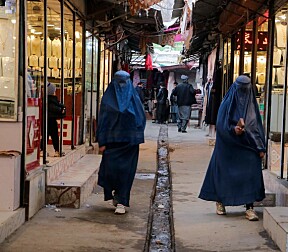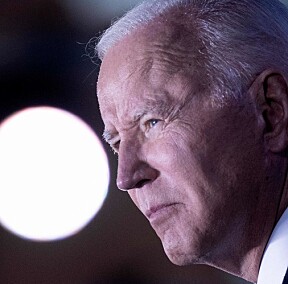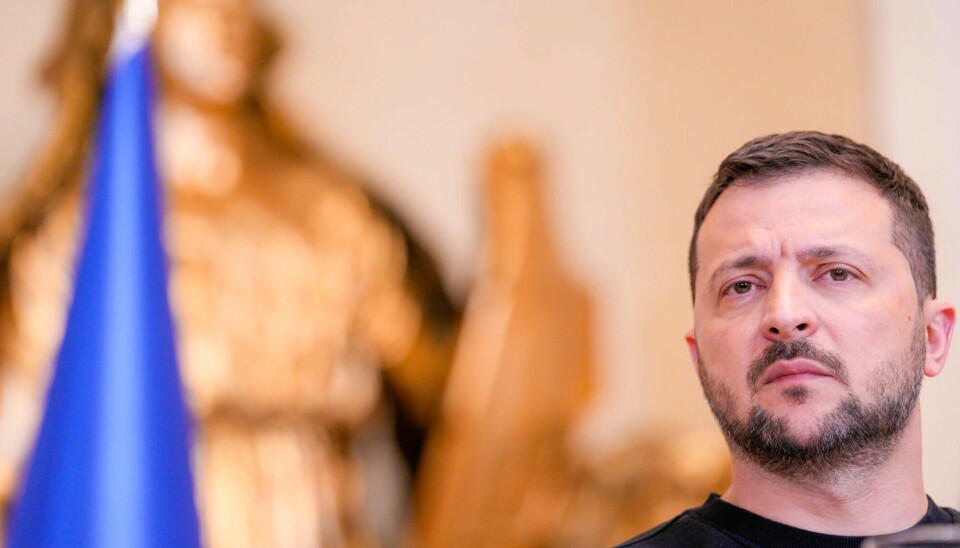
Experts warn against war fatigue in the West
Ukraine's planned spring offensive is a significant risk both militarily and politically, according to experts. They warn that support from the West may dry up.
Ukraine is expected to launch a long-planned spring offensive against Russian occupation forces in the near future. The goal is to take back Russian-controlled areas.
It is a risky operation, according to senior researcher Karsten Friis at the Norwegian Institute of International Affairs (NUPI).
Much is at stake for Ukraine
“If they fail, it will be problematic both militarily and politically,” Friis tells the Norwegian news agency NTB. “Then there is a danger that the West will see the offensive as ‘wasted’ and that support will therefore dry up. Europe and the USA have given a lot and don't have much left.”
Professor Tormod Heier at the Norwegian Defence Command and Staff College also believes that much is at stake for Ukraine.
“The West was very impressed when the Ukrainians somewhat surprisingly took back large areas of land last autumn, and it contributed to increasing generosity. If they fail this time, there is a risk that the West will lose some of this optimism, “ Heier says.
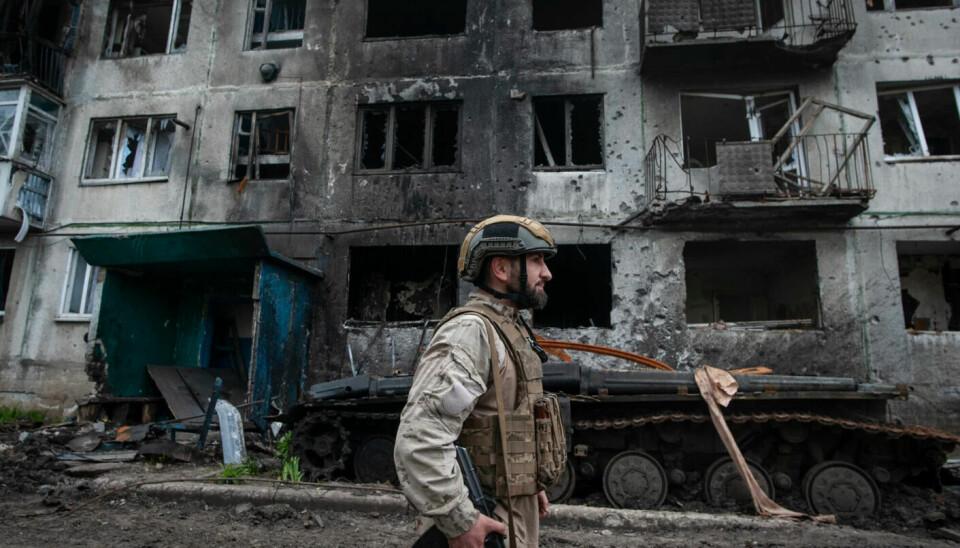
May force Putin to negotiate
But the gain is even greater if Ukraine actually succeeds, he points out.
“Then the Ukrainians will have a very strong position in any secret talks with Russia about a possible ceasefire. Outwardly, it currently does not seem as if either party is willing to negotiate, but the situation on the ground can change quickly,” Heier says. “In that case, Zelenskiy, Putin, and the West must create a narrative that everyone has won the war.”
Friis, on the other hand, has no faith that a successful Ukrainian offensive will force Russia to the negotiating table.
“Putin is not interested in that. What he fears most is a democratic Ukraine that seeks membership in NATO and the EU. I cannot imagine that he wants peace, and the Ukrainians will not compromise on their struggle for liberation,” Friis says.
More demanding now than last autumn
Friis expects the upcoming offensive to look quite different from the previous one, when Ukraine liberated areas around Kharkiv and Kherson.
“Russia is deeply entrenched and has created long defense lines, so it will be a far more demanding operation to take back territories now,” Friis says. “It will take longer, and the Ukrainians will certainly try in several places at once.”
He believes the Russians will respond with airstrikes.
“Ukraine's biggest weakness is its lack of air defense. So I think a lot will depend on whether they can penetrate the defensive lines,” he says.
Another question is whether the Ukrainians are ready for an offensive in terms of weapons, doctrine, and training, he points out.
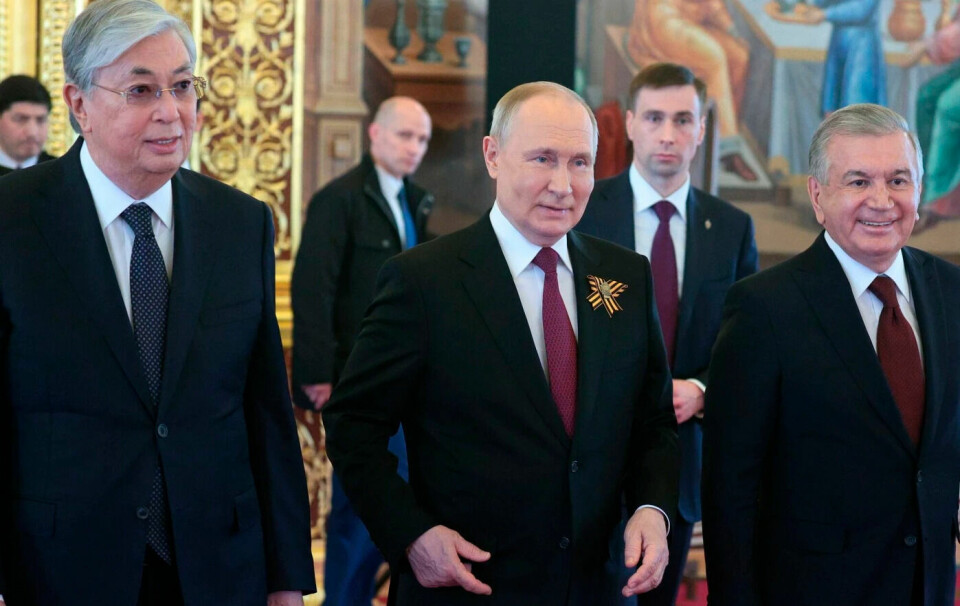
Seeing signs that the offensive is underway
Heier believes there are signs that the offensive has begun. He points out that there have been increasingly frequent drone attacks on oil depots and railways in Russia and Russian-occupied areas in recent times.
“At the same time, the Ukrainians are busy gathering as much ammunition and soldiers as possible, and are probably also interested in waiting until the soil becomes drier and harder,” he says.
He believes the Russians will either respond with a rapid counteroffensive to prevent the Ukrainians from consolidating their new positions, or continue to hold their ground as before.
The latter strategy will drain Ukraine's economy, Heier predicts. At the same time, Europe is burdened by skyrocketing living costs, which could make it tempting to keep more of the money for itself.
“I believe that is the scenario that Putin is hoping for – that Western solidarity and cohesion gradually deteriorates, and that it may force a more compromising West after the offensive is over,” he says.
NATO membership to be discussed
While Ukraine is planning a new offensive, discussions in NATO are underway on how the alliance should respond to Zelenskiy's request for NATO membership.
It will also be a topic at the alliance's informal meeting in Oslo later in May, NTB confirms.
NATO Secretary General Jens Stoltenberg has said that Ukraine belongs in NATO, but that is not possible as long as the war continues, according to Friis.
Opinions within NATO are divided on whether Ukraine should be admitted to the alliance, a centrally located source in NATO tells NTB. However, there is an understanding that Ukraine needs some form of security guarantee after the war to prevent new attacks
Several models are reportedly being considered, including an ‘Israeli’ variant where Ukraine is promised long-term weapon support, or various forms of bilateral or multilateral agreements.
“There will be no peace in Ukraine without some form of Western security guarantee as long as the Putin regime exists,” Friis says.
———
Translated by Alette Bjordal Gjellesvik.
Read the Norwegian version of this article on forskning.no










